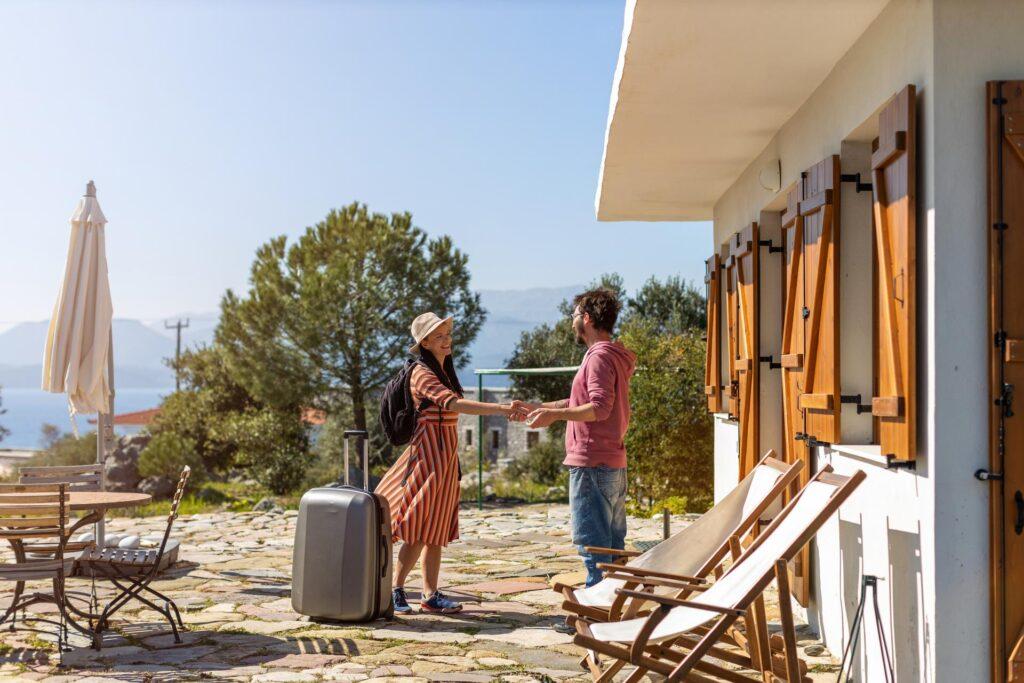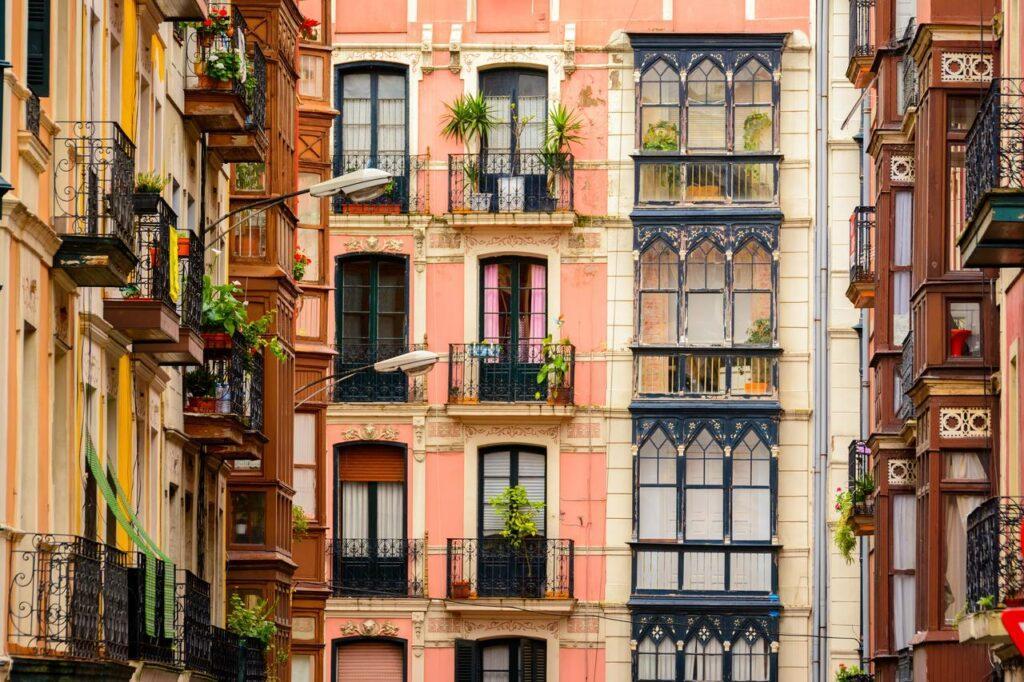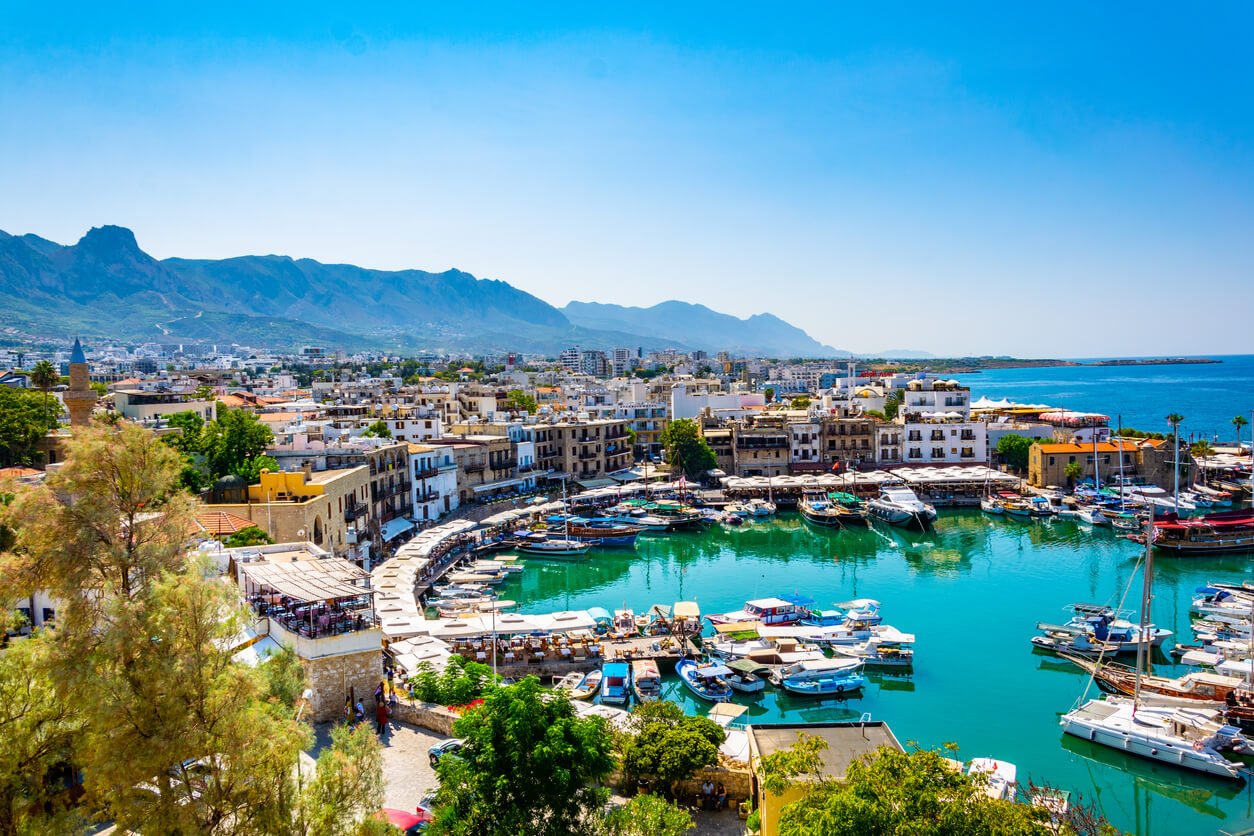
The popularity of seasonal rentals in Spain comes from the country’s appeal as a tourist destination. Spain has a pleasant climate, a cheap cost of living and a unique culture and traditions.
Combine this with the different accommodation options: villas, townhouses, apartments, hotels and coastal, countryside or city locations and Spain has plenty to offer the seasonal tourist.
This makes Spain an ideal place for property investors. Whether you want to rent out your villa with a pool for part of the year, your city apartment as a long-term rental, or your mountainside retreat to groups of hikers or cyclists, there are lots of opportunities to make an income.
The regulation for seasonal rentals
Property owners need to be aware of the specific regulations for seasonal rentals in their area of Spain to ensure compliance and avoid potential fines or legal issues.
Below are the factors to take into account if you wish to rent out your Spanish property as a holiday home.
Spain received 18.7% more tourists in 2023 than in 2022.
In August 2023 there were 340,424 tourist dwellings in Spain, compared to 321,496 in the same month of 2020, demonstrating a growth in seasonal rentals.
Registration
In most areas of Spain, property owners who wish to rent out their homes as seasonal rentals must register with the local town hall (ayuntamiento) and obtain a Tourist Licence. The licence shows your property conforms to the minimum requirements to rent to tourists, such as safety regulations, number of entrances, size of rooms and utilities.
Every region of Spain has different regulations to meet, and you must check with your town hall to check those where you live.
The registration process includes providing documentation (title deeds, a certificate of occupancy, and an energy efficiency certificate, meeting the set criteria, and paying any associated fees, which can range between €400 and €800 if you use a gestor.
Occupancy
There are limits on the maximum number of guests allowed to stay in a seasonal rental property. This limit is determined based on factors such as the size of the property, the number of bedrooms, and the capacity of the facilities.
The law states:
- There must be a minimum of 14 m2 per person.
- The property must have two bathrooms if the number of beds is more than five and three bathrooms if the number of beds is more than eight.
Quality standards
Seasonal rental properties in Spain must meet certain quality standards to ensure the comfort and safety of guests. This includes requirements for furnishings, equipment, cleanliness, and maintenance:
· Bedrooms and living rooms must have direct ventilation to the outside or ventilated patios and curtains, blinds, or shutters to block out the light.
- Kitchens and bathrooms must have direct or mechanical ventilation for air renewal.
- The property must be air-conditioned if rented from May to August and heated if rented from December to March and cannot be heated using incandescent elements, liquid fuel, or gas.
- It must be furnished and equipped for use, and have a television and power sockets in all rooms.
- The kitchen must have at least two burners, an oven or microwave, and a fridge, as well as crockery, cutlery, utensils, and small electrical appliances.
- There must be cleaning products, trash bags, a clothesline, and an iron and ironing board. The rubbish must be sorted separately.
- The bathroom must be fully working.
- There must be a full set of bed linen and a spare set.
- There must be a first-aid kit, a smoke detector in the kitchen, and a fire extinguisher.
- It should offer tourist information on the area, transport, food shops, car parks, medical services, town maps, etc.
Community regulations
In addition to local regulations, seasonal rental properties may also be subject to regulations established by community associations if the property is on a complex. These rules may govern noise levels, parking, and use of common areas such as swimming pools.
It is illegal to rent out a seasonal property in Spain without a tourist licence and not having one can induce a heavy fine of between 50-100% of the non-declared amount.
Financial considerations for seasonal rentals
Renting out a seasonal property can be lucrative, but it requires careful financial planning. Here are some financial considerations to keep in mind when renting out a seasonal property:
Operating expenses
You should calculate the ongoing operating expenses associated with the property, such as property taxes, insurance, utilities, maintenance, repairs, cleaning services, and property management fees (if you decide to use an agent). Be sure to budget for these expenses to ensure that rental income covers costs and generates profit.
Your iad Overseas property consultant can help you to find a property management consultant who will take care of as much or as little seasonal management as you require.
Rental income
Estimate the potential rental income that the property can generate based on factors such as location, seasonality, market demand, property size, amenities, and competition. Research rental rates for similar properties in the area to set a competitive price.
Remember that prices will be different depending on the season. If your property is in a place that receives year-round sun, such as Andalucia, or a popular city like Madrid or Barcelona, it is more likely to rent out.
It’s also worth considering the fiesta schedules in Spain (for example, Valencia holds its massive fallas fiestas in March), which is an optimum time to promote and rent out the property to tourists.
Marketing and advertising
Allocate funds for marketing and advertising to promote the property and attract holiday rentals. You can use online platforms, social media, rental websites, local advertising, and word-of-mouth to reach potential guests.
Tax
If you rent out your homes on a seasonal basis in Spain, you must pay tax on the rental income. This will depend on where you pay your tax normally and you should discuss this with a gestor to ensure you declare the right amount to the right tax authority.
Contingency fund
You never know when the unexpected may happen. If the washing machine breaks down, the swimming pool springs a leak, or the boiler malfunctions, you’ll have to repair it quickly. Having a contingency fund means you don’t have to worry about finding the money in an emergency.
Reservation systems and payment processing
Renting out a seasonal property is essentially a business, so you need to use the best systems to make it run smoothly. Invest in reservation systems and payment processing tools to streamline the booking process, manage reservations, collect payments, and track rental income.
You should consider using online booking platforms or property management software to automate administrative tasks so you can keep on top of your property rental business.
Follow our advice above and you’ll be able to maximise the income potential of your property through seasonal rentals, whether you choose to rent it out for part or all of the year.
One of the key factors to remember is that you must comply with the local regulations and obtain a tourist licence from your local town hall.
How iad Overseas property consultants can help you
If you wish to purchase a property specifically to rent out to tourists, we can advise you on the best areas and show you suitable properties. Each of our experienced property consultants* has vast experience in the local property market and can guide you through the buying process.

- https://www.ine.es/dyngs/INEbase/en/operacion.htm?c=Estadistica_C&cid=1254736176996&menu=ultiDatos&idp=1254735576863
- https://www.ine.es/en/experimental/viv_turistica/experimental_viv_turistica.htm?L=1
- https://www.boe.es/diario_boe/txt.php?id=BOE-A-2016-8346
- https://taxdown.es/blog/multas-hacienda-declarar-alquiler/#:~:text=La%20multa%20es%20del%2050,150%25%20del%20importe%20no%20declarado.





